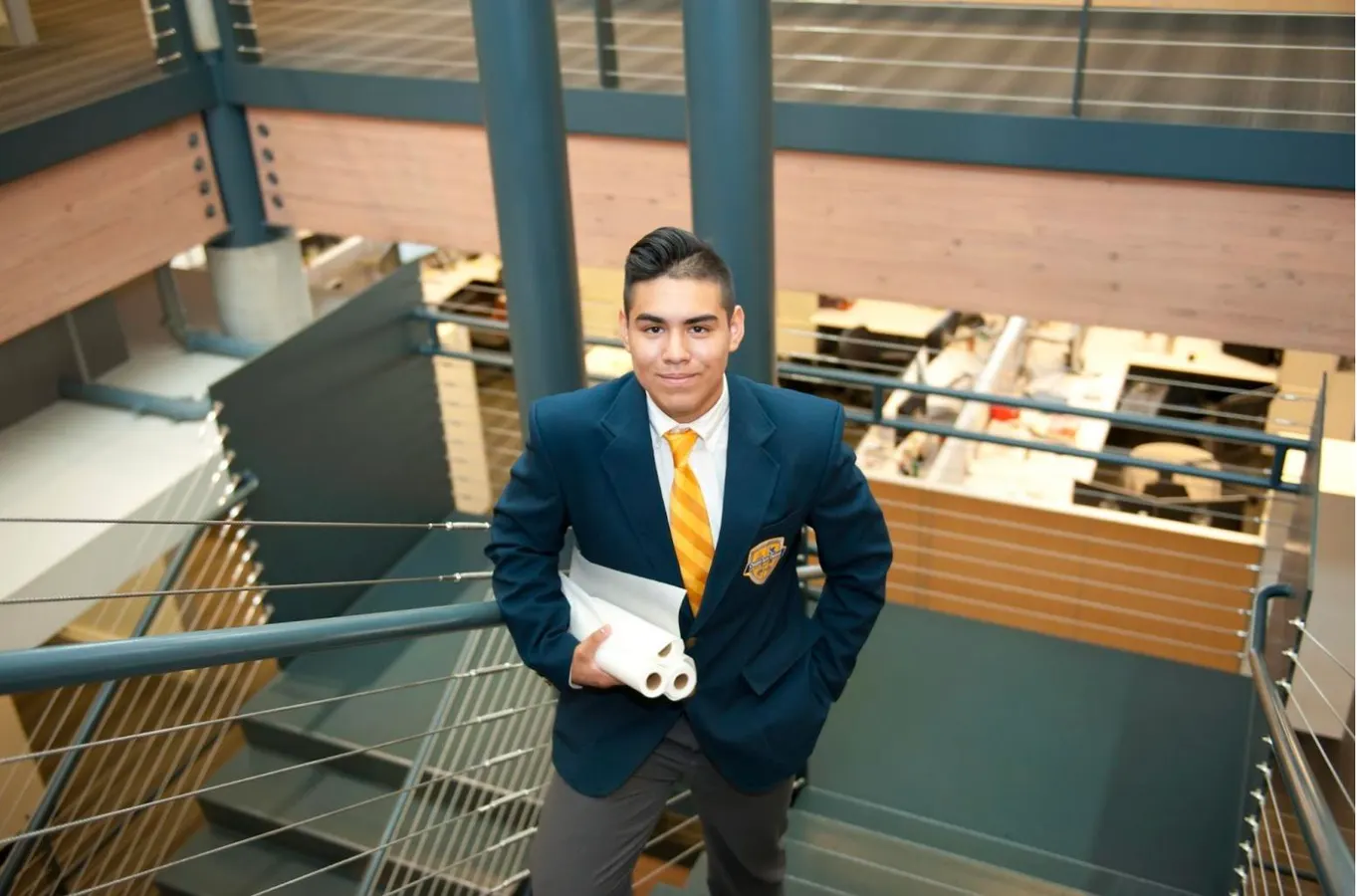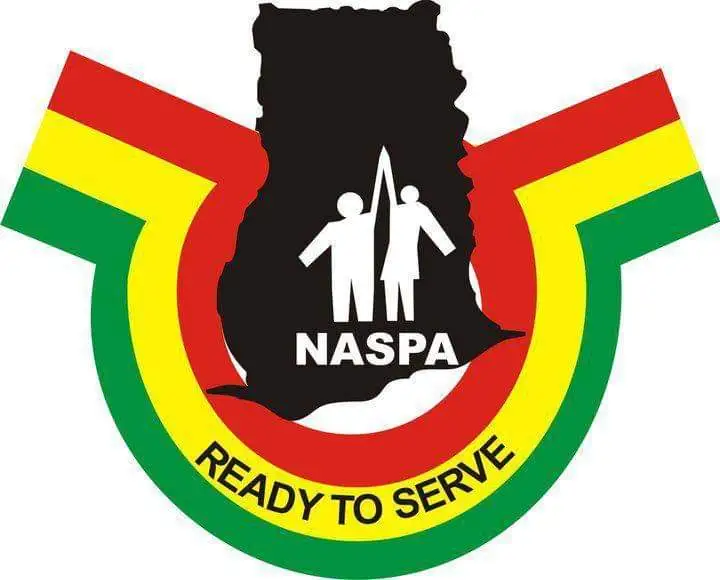By Contributor,Kelby Woodard
Copyright forbes

Talent and effort fall short without the power of social capital.
Building futures in Dallas: Cristo Rey students work one day a week at some of the city’s most prestigious firms.
Cristo Rey Network
The American Experiment has always rested on a simple but radical promise: that effort and talent, not privilege, should determine opportunity. Today that promise is in doubt. Rising tuition, heavy debt, and uneven outcomes have caused many to question whether higher education still delivers. For families who have sacrificed to send their children to college, the frustration is real. Too often, students earn the degree they were told would change their lives, only to find it does not translate into opportunity.
The problem is not that college has lost its value. A degree remains one of the strongest predictors of mobility, especially for students from communities that have historically been left out of the American Experiment. The issue is that credentials alone are not enough. Without networks made up of mentors, professionals, and advocates who open doors, education can feel like an empty promise. And when opportunity feels hollow, faith in the system itself begins to erode.
Beyond Grades and Grit
Hard work and academic success remain essential, but they rarely guarantee opportunity by themselves. For students growing up without professional role models, entire career paths remain invisible. Few can picture themselves working in medicine, practicing law, leading in engineering, or advancing in technology. Families of means have always known this reality. They understood that education alone was never enough, and they built networks to ensure their children had access to mentors, internships, and connections that turned credentials into careers. Extending this same access is nothing less than the democratization of opportunity, and it is essential if the American Experiment is to survive as a system rooted in capitalism and freedom.
Cristo Rey: College Prep Plus Networks
At the Cristo Rey Network, we see this every day. Our schools serve students from families of limited economic means, providing access to a college prep education they could not otherwise afford. But academics are only part of the story. Through the Corporate Work Study Program, every student works one day a week in a professional setting. These placements do more than build résumés. They build relationships with supervisors who mentor, colleagues who inspire, and professionals who continue to support them long after graduation. At the same time, the wages students earn go directly toward helping pay for their tuition, reinforcing the value of hard work and ownership in their education.
The result is that Cristo Rey graduates not only gain acceptance to college, but they also have the confidence, exposure, and connections to thrive there and beyond. Their diplomas are matched with networks that make the promise of the American Experiment real.
MORE FOR YOU
A Broader Movement
Cristo Rey is part of a larger movement recognizing that education must be paired with access. Braven partners with universities to ensure first generation students graduate into strong jobs by combining academics with coaching. Big Brothers Big Sisters connects young people to mentors who expand horizons. CareerSpring provides first generation college students with mentors and professional networks that help translate academic success into careers. Each model reflects the same truth: education without networks is incomplete, and without networks the American Experiment itself begins to fracture.
Why This Matters
The absence of social capital does more than limit opportunity. It undermines belief in the American Experiment. When students graduate without connections to meaningful and influential careers, the degree feels hollow. That disappointment feeds the growing skepticism that our systems are rigged and deepens divides in society. If too many lose faith in the promise that effort can lead to opportunity, belief in capitalism erodes and confidence in freedom weakens. The next generation must believe in the system for it to continue to thrive. By contrast, when students are surrounded by networks that open doors, education regains its power to inspire hope and restore trust that this Experiment is worth continuing.
Corporate America’s Role
This is where business leaders must step forward. The most valuable asset corporate America can share is not just capital or technology but themselves. By offering their time, their mentorship, and their willingness to open doors, CEOs and executives can provide students with the experiences and relationships that transform education into opportunity. Internships, mentoring, and exposure to professional careers including emerging fields like artificial intelligence, green energy, and biotechnology are not perks. They are lifelines that can rebuild trust in capitalism and strengthen belief in freedom.
A Path Forward
The future of the American Experiment will not be secured by credentials alone. It will require relationships that inspire, connect, and sustain. By investing themselves in the lives of students, corporate leaders can help ensure that young people from every community not only earn access to a college prep education but also aspire to careers that once felt unimaginable.
If the American Experiment is to endure, it will depend on education matched with access, effort matched with networks, and the willingness of corporate America to lead. Social capital is more than a great equalizer. It is the democratization of opportunity itself, and it may be the bridge that restores faith in capitalism, in freedom, and in the system the next generation must believe in if it is to thrive.
Editorial StandardsReprints & Permissions



